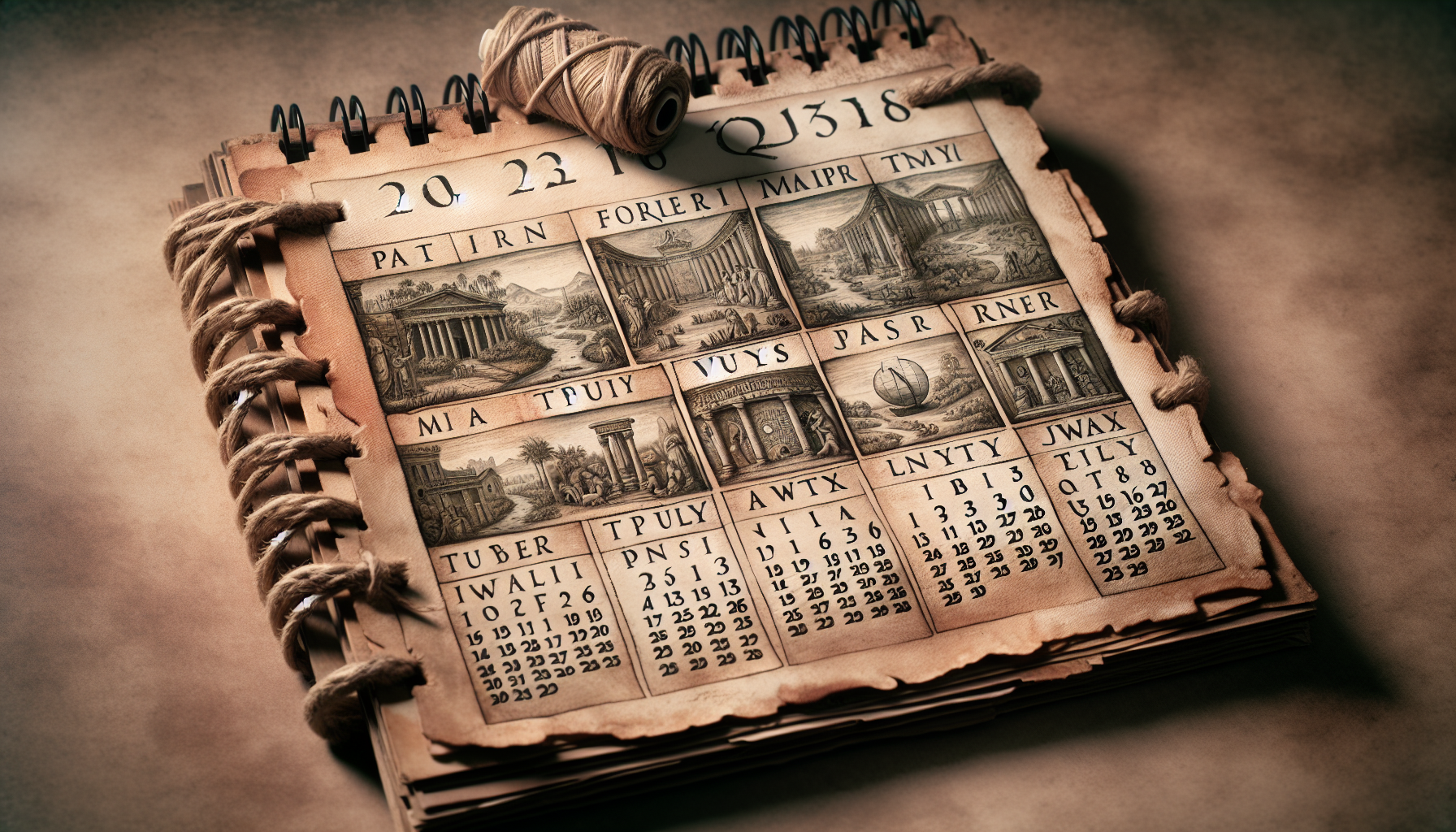The Unsung Heroes of the Court: How Off-the-Bench Players Shape Team Success

Often relegated to secondary status, bench players have multifaceted roles that go well beyond mere participation in games. They are the glue that holds the team together, often stepping in to maintain momentum and morale when star players are absent due to injury, foul trouble, or fatigue. Their contributions manifest in various forms, from providing strategic insights to offering emotional support. Take Connor McCaffery, for example. While he is celebrated for his on-court performances, his leadership off the bench has been equally impactful. His ability to analyze the game from the sidelines allows him to provide real-time feedback and insights to his teammates. This analytical perspective can be especially vital during high-pressure moments when quick decisions are necessary. The bench players' understanding of team dynamics and their innate ability to read the game can help steer the team towards victory when it matters most.
Mental Preparation: The Silent Work of Bench Players
Mental preparation stands as a cornerstone for all athletes but is especially critical for bench players who must remain sharp and ready to contribute at a moment's notice. This preparation involves more than just physical conditioning; it encompasses a comprehensive understanding of the team's strategy, awareness of opponents, and a commitment to personal improvement. Connor McCaffery exemplifies this dedication to mental preparedness. Despite not always being in the starting lineup, he invests time in studying game film, refining his skills during practice, and absorbing insights from coaches and teammates. This mental diligence not only ensures he is ready to step into the game when called upon but also cultivates a culture of preparedness and resilience among the entire team. His approach serves as a powerful lesson for younger players, emphasizing the importance of mental toughness in achieving collective success.
The Importance of Teamwork and Communication
Basketball is inherently a team sport, and its success hinges on the ability of players to work cohesively. Bench players are often the unsung communicators who facilitate this teamwork. Their role in encouraging dialogue on the court can be pivotal, especially during intense moments when every second counts. Connor McCaffery’s contributions extend beyond his physical presence on the court; his vocal support and strategic insight during games help maintain focus and cohesion among teammates. By bridging the gap between starters and reserves, he fosters an environment of collaboration and mutual respect. This communication not only uplifts starters but also empowers fellow bench players, reinforcing a strong sense of community within the squad.
In conclusion, bench players like Connor McCaffery are integral to the success of basketball teams, contributing through mental preparation, effective teamwork, and crucial communication. While their efforts may not always steal the spotlight, their influence is profound. Recognizing the importance of these unsung heroes enhances our appreciation for the sport and reminds us that every player, regardless of their position, plays a vital role in the journey to success. As fans, coaches, and players alike, we should celebrate these contributions, acknowledging that a team's strength often lies in its depth and the collective efforts of all who wear the jersey.
Team Performance Analyst
Professional sports teams (e.g., NBA, NFL), Sports analytics companies (e.g., STATS, Opta)
Core Responsibilities
Analyze game footage to assess player performance and develop strategies for improvement.
Collaborate with coaches to provide insights on team dynamics and opponent strategies.
Prepare detailed reports on performance metrics, highlighting areas for improvement.
Required Skills
Proficiency in video analysis software (e.g., Hudl, Synergy Sports).
Strong analytical skills with the ability to interpret complex data.
Excellent communication skills to effectively convey findings to coaching staff.
Sports Psychologist
Colleges and universities with athletic programs, Professional sports organizations and teams
Core Responsibilities
Provide mental conditioning and support to athletes to enhance performance and resilience.
Conduct workshops and individual sessions focused on mental preparation and team cohesion.
Develop strategies to help athletes cope with pressure and improve focus during games.
Required Skills
Advanced degree in psychology with a focus on sports psychology.
Experience working with athletes in competitive environments.
Strong interpersonal skills to build trust and rapport with athletes.
Athletic Coach (Assistant)
High schools, colleges, and professional sports teams
Core Responsibilities
Assist head coaches in developing practice plans and game strategies.
Provide feedback and mentorship to players, particularly those on the bench.
Analyze game performance and contribute to in-game decision-making.
Required Skills
Relevant coaching certification (e.g., USA Basketball Coach Certification).
Strong understanding of the sport's tactical elements and player development.
Ability to communicate effectively with both players and coaching staff.
Team Operations Manager
Professional sports franchises and collegiate athletic departments
Core Responsibilities
Oversee day-to-day operations of a sports team, including logistics and player support.
Coordinate travel and accommodations for the team during away games.
Manage communication between coaching staff, players, and administrative departments.
Required Skills
Strong organizational and multitasking abilities.
Experience in sports management or operations.
Excellent communication skills, both verbal and written.
Community Engagement Coordinator (Sports)
Sports teams, non-profit organizations, and community sports leagues
Core Responsibilities
Develop and implement community outreach programs that promote teamwork and sportsmanship.
Facilitate workshops and events that engage youth and foster a love for sports.
Collaborate with local organizations to build relationships and enhance community involvement.
Required Skills
Strong interpersonal skills and experience in community relations.
Ability to design programs that resonate with diverse audiences.
Experience in event planning and project management.


